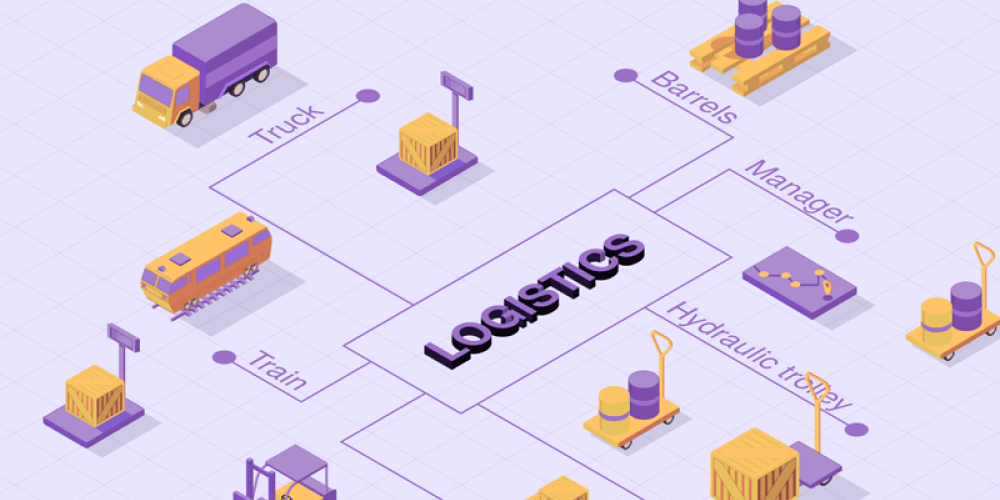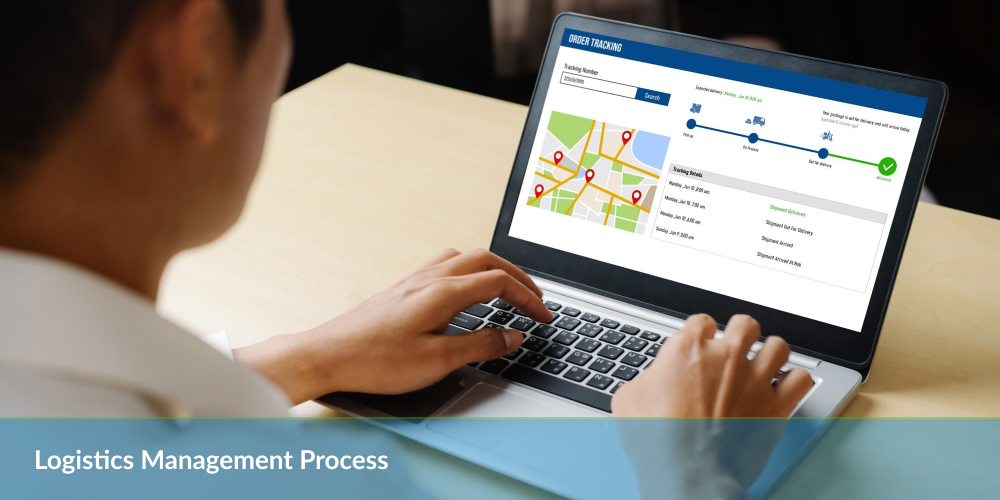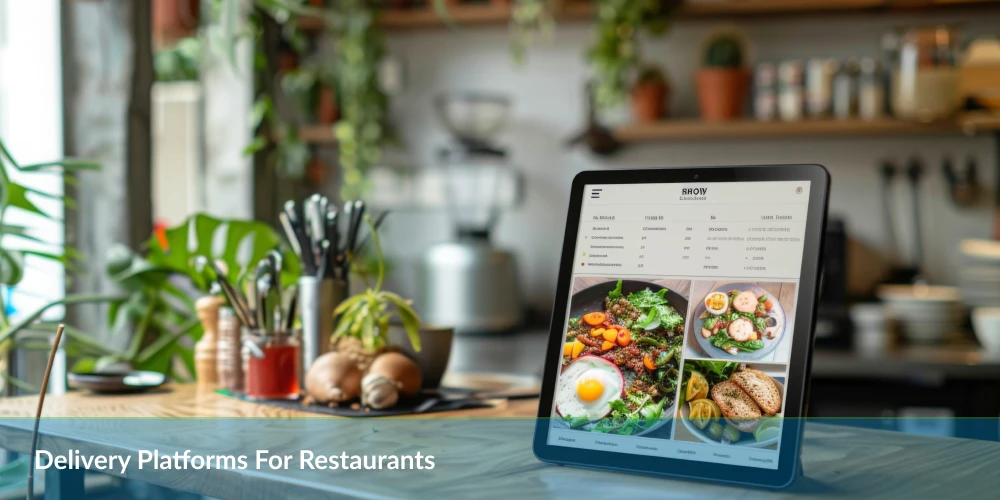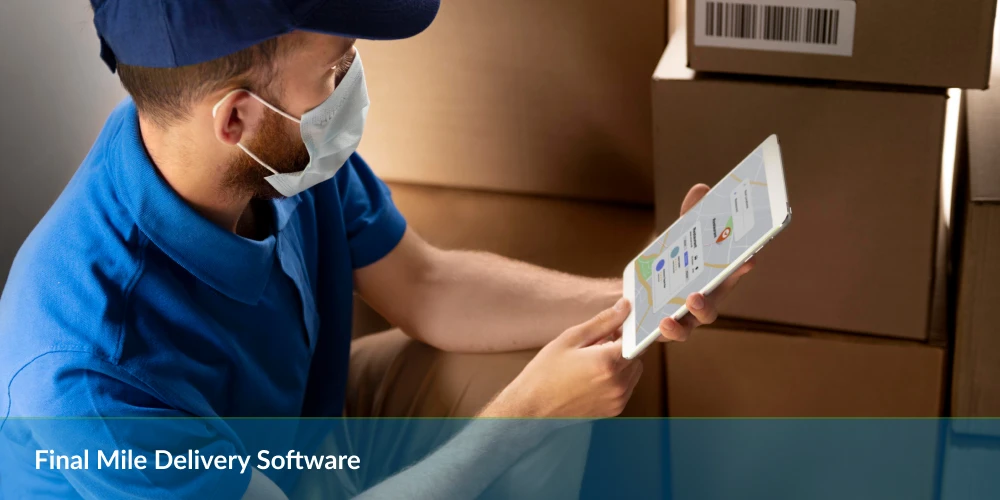Table of Contents
Have you ever wondered why some small and medium-sized enterprises (SMEs) seem to run seamlessly, delivering products on time, while others struggle with delays and inventory issues? The answer often lies in their approach to the logistics management process.
The logistics management process is the cornerstone of every successful supply chain. It oversees and coordinates the flow of goods, services, and information from origin to destination. For SMEs, this process is critical in streamlining operations, ensuring timely deliveries, and securing a competitive edge in the market by driving customer satisfaction.

Delving into the logistics management process reveals a tapestry of interconnected activities tailored to fit the unique demands of SMEs. This adaptability allows businesses to respond quickly to market fluctuations, aligning resources with requirements efficiently. With logistics intricately woven into their operations, SMEs can leverage this process to outpace competitors and exceed customer expectations.
The pivotal role of logistics transcends mere transportation and storage; it touches upon the entire spectrum of customer interaction, from order placement to the final delivery. This harmonious orchestration of supply chain activities optimizes cost and time and enhances the overall client experience.
Understanding the Core Components of Logistics
Unlocking the full potential of small and medium-sized enterprises (SMEs) relies heavily on an effective logistics management process. Mastery of this domain streamlines operations and creates a competitive edge. Implementing a logistics management process involves a series of well-defined steps that work behind the scenes to ensure a seamless flow of goods and services. The logistics management process is a complex framework that ensures the smooth operation of supply chain activities for small and medium-sized enterprises (SMEs). Five fundamental elements form the bedrock of this system, designed to streamline operations and bolster efficiency.
Supply Chain Integration
Forging robust alliances with suppliers equips SMEs with a competitive edge. This integration permits a seamless flow of information, goods, and services across the supply chain, reducing delays and improving the quality of end products.
Inventory Management
Customizing inventory control mechanisms to meet fluctuating demand helps mitigate overstock and stockouts. SMEs benefit from an inventory that is reactive and adaptive to market changes, thus maintaining a balance between supply and customer needs.
Transportation Management
Adopting cost-efficient transportation methods can significantly reduce overheads while ensuring timely deliveries. SMEs must evaluate various transportation options and leverage technologies to optimize routes and loads.
Warehousing and Distribution
Effective warehousing strategies are imperative for the expeditious processing and distribution of goods. SMEs should implement organizational systems within their warehouses to expedite picking processes, reduce errors, and heighten customer satisfaction.
Demand Planning and Forecasting
Accurate demand planning and forecasting enable businesses to predict customer requirements with precision. Leveraging historical data, market analysis, and sales forecasts, SMEs can adjust procurement and production schedules to meet anticipated demand economically.
Pro Tip: Optimize your logistics by integrating real-time data and automation to enhance efficiency across inventory, transportation, and demand forecasting.
The Execution of Logistics Management
Unlocking the full potential of small and medium-sized enterprises (SMEs) relies heavily on effectively executing logistics management. Mastery of this domain not merely streamlines operations but often emerges as a competitive edge. Gearing up for the execution, a series of well-defined steps thread together behind the scenes to ensure a seamless flow of goods and services.
Order Fulfillment and Customer Service
Dive into the realms of order fulfillment, where precision meets speed. When an order is received, a clock starts ticking, and SMEs must act swiftly to maintain pace. Proactive logistics management processes guarantee that products navigate the pipeline from inventory selection to packaging and land in the customer’s hands within the committed timeframe. A dedication to robust customer service operations is equally non-negotiable, as this directly influences client satisfaction and retention rates.
Reverse Logistics and Returns Management
Consider the inevitable reality of returns, an area where agility transforms challenges into opportunities for brand loyalty. Effective returns management demands a system capable of absorbing returns without disruption, which includes prompt crediting, restocking, or recycling returned goods. Acknowledge the sophistication of returns logistics command, which is critical for maintaining customer trust and a sustainable operation.
Procurement and Supplier Management
Peer further into procurement and supplier relations, where SMEs must forge solid partnerships to ensure a reliable inflow of goods. These relationships are the bedrock of resource availability and can significantly mitigate risks associated with supply chain volatility. A diligent approach to supplier management and a well-organized logistics management process underscores the continuity of quality supplies while negotiating better terms, which can lead to cost efficiencies.
Technology in Logistics: Automation and Software Solutions
Embrace the technological revolution within logistics, as automation and software solutions are no longer a luxury but a necessity. The convergence of tech tools, from cloud-based inventory systems to real-time tracking software, serves as a nerve center for logistics operations. Small and medium enterprises integrate these solutions to attain visibility, control, and predictive analytics, essential for making informed decisions quickly.
Performance Optimization in Logistics
Advancements in technology offer small and medium-sized enterprises (SMEs) unprecedented opportunities to refine their logistics processes. Data and analytics stand at the forefront of these developments, providing insights that enhance decision-making and performance.
Performance Measurement and Analytics
Performance measurement is the compass that guides logistics operations. For SMEs, monitoring key metrics is not just a routine procedure; it’s the driving force for maintaining competitiveness. Common metrics include delivery times, transportation costs, order accuracy, and inventory turnover rates. By analyzing these data points, businesses clearly understand where their logistics stand and where they need to go.
Risk Management and Contingency Planning
Logistics is inherently fraught with uncertainties, from sudden demand changes to supply chain disruptions. SMEs, with their relatively limited resources, must be adept at identifying potential risks and crafting robust contingency plans. By preparing for the unexpected, a company ensures continuity and resilience rather than leaving its fate to chance.
Cost Reduction Strategies
Controlling expenses plays a significant role in SMEs’ profitability. By scrutinizing logistics operations, businesses can identify avenues for cost savings. Economies of scale, route optimization, carrier negotiations, and process automation are viable strategies. These actions will directly influence the bottom line, allowing for more competitive pricing and higher margins.
Sustainability in Logistics
Embracing environmental responsibility is no longer optional for businesses that wish to remain relevant. Adopting green logistics practices, such as optimizing transportation routes to reduce fuel consumption or using biodegradable packaging, aligns with global sustainability efforts. Moreover, these actions often correlate with increased efficiency and cost savings, providing a dual advantage to forward-thinking SMEs.
Compliance and Expansion in Logistics Management
Logistics management entails adherence to various industry standards and regulations while fostering the capacity for growth in new markets. Regulatory compliance is non-negotiable for successful logistics operations, as failure can result in legal repercussions and stifle business sustainability.
Legal and Regulatory Compliance
Navigating the legal landscape of logistics requires a comprehensive grasp of the laws and regulations governing the movement of goods. This includes transport legislation, environmental regulations, health and safety standards, and customs regulations. Companies must ensure that all operational processes align with these legal mandates. Regular audits and staying updated with legislative changes ensure that companies anticipate adjustments and maintain compliance.
International Logistics and Global Supply Chains
For businesses aspiring to transcend local boundaries, international logistics serves as a critical conduit for expansion into global supply chains. Developing and implementing strategies for international trade involves conquering obstacles such as trade barriers, diverse customs processes, and variable import/export tariffs. Harnessing the benefits of international logistics hinges on in-depth market research, robust network establishment, and crafting alliances across borders. Establishing these strategic global connections can facilitate entry into new markets and create opportunities for business growth.
Master Your Market with a Streamlined Logistics Management Process
With the dynamics of global commerce continually evolving, businesses must navigate their logistics landscape with precision and adaptability. A streamlined logistics management process is the foundation for meeting customer demands and outpacing competitors. As small and medium-sized enterprises maneuver through complex supply chains, the efficiency gained from an optimized logistics network becomes apparent in faster delivery times, reduced costs, and heightened customer satisfaction.
Regular audits of the logistics strategy provide invaluable insight into potential inefficiencies and areas for improvement. For enterprises poised for growth, these audits can reveal opportunities to reconfigure supply chain elements, from inventory management to transportation solutions. Optimization is not a one-time task but an ongoing process that aligns operations with ever-changing market conditions and technological advancements.
Developing a robust logistics management process translates into competitive advantage and market resilience. When businesses harness the power of data analytics, they gain the foresight to preempt logistical challenges and scale operations fluidly. Articulating a flexible logistics strategy propels small and medium-sized enterprises towards sustainability and profitability, enabling them to pivot in response to global market trends.
- Consider deploying advanced logistics software to centralize operations and gain real-time visibility.
- Explore partnerships with third-party logistics providers to expand your network and capabilities.
- Engage in continuous training for your logistics team to keep them up-to-date with the latest industry practices.
By embracing these steps, businesses position themselves at the forefront of logistical innovation, ensuring they are well-equipped to meet the demands of tomorrow’s economy. The next chapter in your logistics journey begins with a commitment to excellence and a proactive approach to management. Forge confidently, knowing your logistics foundation is robust and tailor-made for success.
Pro Tip: Regular audits and advanced logistics software can help businesses identify inefficiencies and scale operations, ensuring sustained growth and competitive advantage.
Key Takeaways
- Efficiency Drives Competitiveness: A streamlined logistics management process is crucial for SMEs to enhance operational efficiency, reduce delays, and deliver superior customer service, giving them a competitive edge in the market.
- Core Elements of Logistics: Effective logistics management hinges on five key components: supply chain integration, inventory management, transportation management, warehousing and distribution, and demand planning. These elements ensure seamless operations, reduce costs and improve overall service quality.
- Technology Integration Is Essential: Leveraging advanced logistics technologies like cloud-based inventory systems, real-time tracking software, and automation tools is essential for SMEs to optimize logistics operations, improve visibility, and make data-driven decisions.
- Risk Management and Contingency Planning: SMEs must anticipate and prepare for potential risks in logistics, such as demand changes or supply chain disruptions, by creating robust contingency plans. This helps maintain continuity and resilience in operations.
- Sustainability and Compliance: Adopting sustainable logistics practices, such as optimizing transportation routes to reduce fuel consumption and adhering to legal regulations, is essential for operational efficiency and long-term business sustainability.
Wrapping It Up!
With the myriad intricacies of logistics management, the pathway to efficiency and cost-effectiveness can be labyrinthine. Navigating this complexity, however, is not a journey you need to embark on alone. Professional consultation can transform your logistics management process, positioning your business for seamless scalability and market responsiveness.
Whether you’re looking to refine existing strategies or develop new streamlined operations, tapping into expert knowledge is a decisive step. Harness the power of bespoke solutions tailored specifically to your business needs. Benefits include accelerated workflows, reduced operational costs, and enhanced customer satisfaction elements that can propel your business forward in a competitive landscape.
Are you interested in exploring what logistics management could look like for your business? Do you want insights that align with your goals and challenges? Reach out to NetworkON. Our team of experts is ready to provide the guidance that will revolutionize your processes.
So what are you waiting for? Embark on the journey to logistics excellence. Make the decision that will mark a turning point in your business. Connect with us today.
Frequently Asked Questions
Q1: What are the primary goals of logistics management?
Logistics management aims to ensure efficient and effective transportation and storage of goods. This involves overseeing the efficient flow of goods from the point of origin to the point of consumption, satisfying customer requirements, and optimizing costs.
Q2: How can SMEs reduce logistics costs without compromising quality?
Negotiating better shipping rates, optimizing inventory levels, consolidating shipments, and improving route planning can reduce logistics costs. Utilizing technology for better logistics planning also contributes to cost reduction.
Q3: What impact does technology have on logistics management?
Technology revolutionizes logistics management with advanced software for inventory management, route planning, and real-time tracking. Automation and data analytics further enhance operational efficiency and decision-making accuracy.
Q4: Can logistics management processes be sustainable?
A sustainable logistics management process is attainable through adopting eco-friendly practices, such as optimizing delivery routes to reduce fuel consumption, using biodegradable packaging, and choosing energy-efficient storage options.





0 Conversations